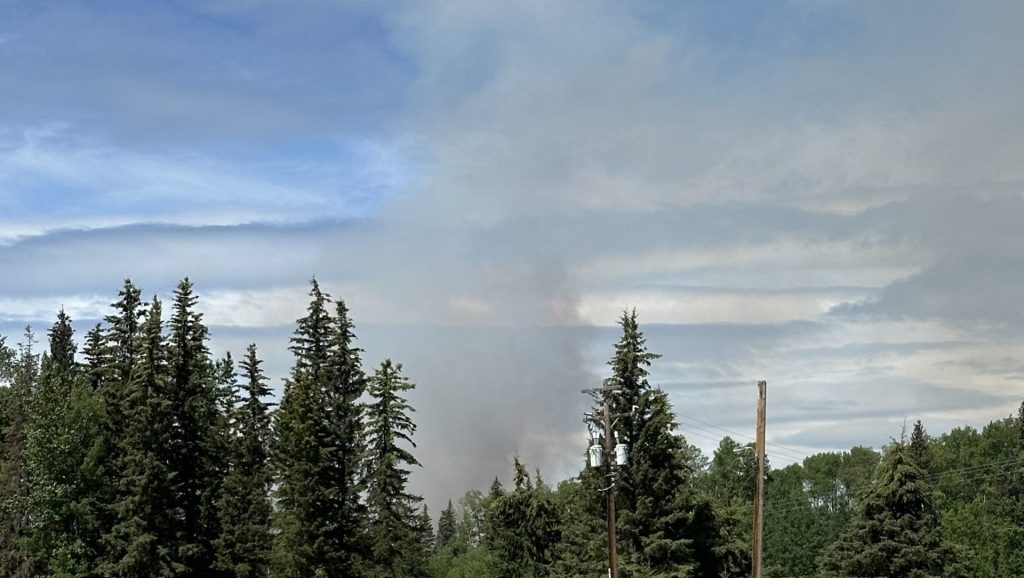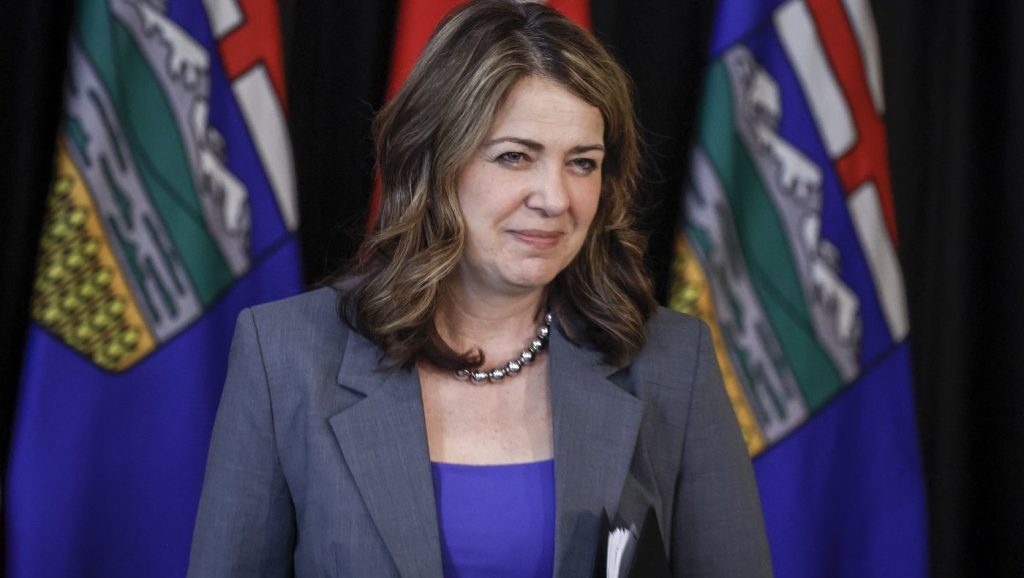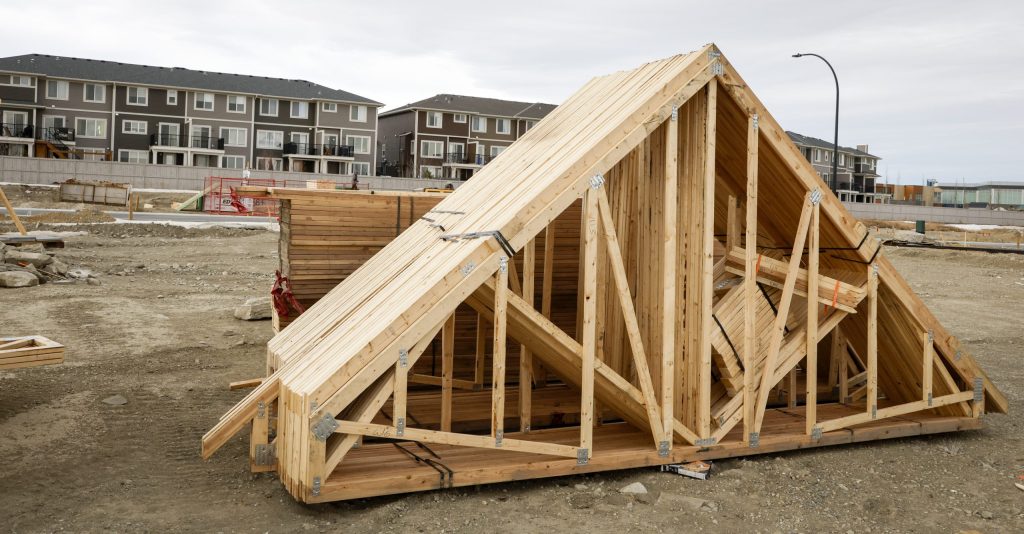Alberta warned of ‘agricultural disaster’ due to warm weather

Posted January 6, 2024 1:01 pm.
Last Updated January 6, 2024 1:02 pm.
As Alberta continues to deal with extreme drought, the province is being advised to prepare for an “agricultural disaster,” as the spring forecast is not expected to provide much relief for the record-breaking conditions.
Experts are pinpointing the reason behind the exceptional drought conditions this season.
“It’s the worst hydrological drought in Alberta history. The streamflows coming on the major rivers coming out of the mountains hit the lowest levels ever recorded in 2023,” said John Pomeroy, Canada research chair of water resources and climate change at the University of Saskatchewan.
He says climate change is to blame as droughts in western Canada become more frequent and more severe.
“Unfortunately, we are looking at a year where temperatures have already started off very, very warm,” he said.
“The mountain snow packs are well below normal, the snow pillow at Lake Louise is less than two-thirds of where it should be right now for snow accumulation, and the Prairies’ snow pack is nonexistent in much of the province.”
Read More: Experts warn of devastating drought in Alberta amid warm, dry winter
Alberta Minister of Environment and Protected Areas, Rebecca Schulz, tells CityNews a drought “command team” has been put together to have constant interaction with municipalities, irrigators and other water users to work in a collaborative way.
“When it comes to a drought of this significance, you know we haven’t seen like this in about seven years was the last time that we saw this type of El Niño situation,” Schulz said.
“Again, it’s not just here, it’s gonna impact about 72 per cent of the land across Canada, of course it’s gonna be worldwide, but we’re doing what we can here with all of those major water users to make sure that all of those users have access to water next year.”
Despite the current dry conditions, Shulz says declaring an emergency would be their last resource and in case the conditions worsen, municipalities can restrict water usage.
-With files from Dione Wearmouth








